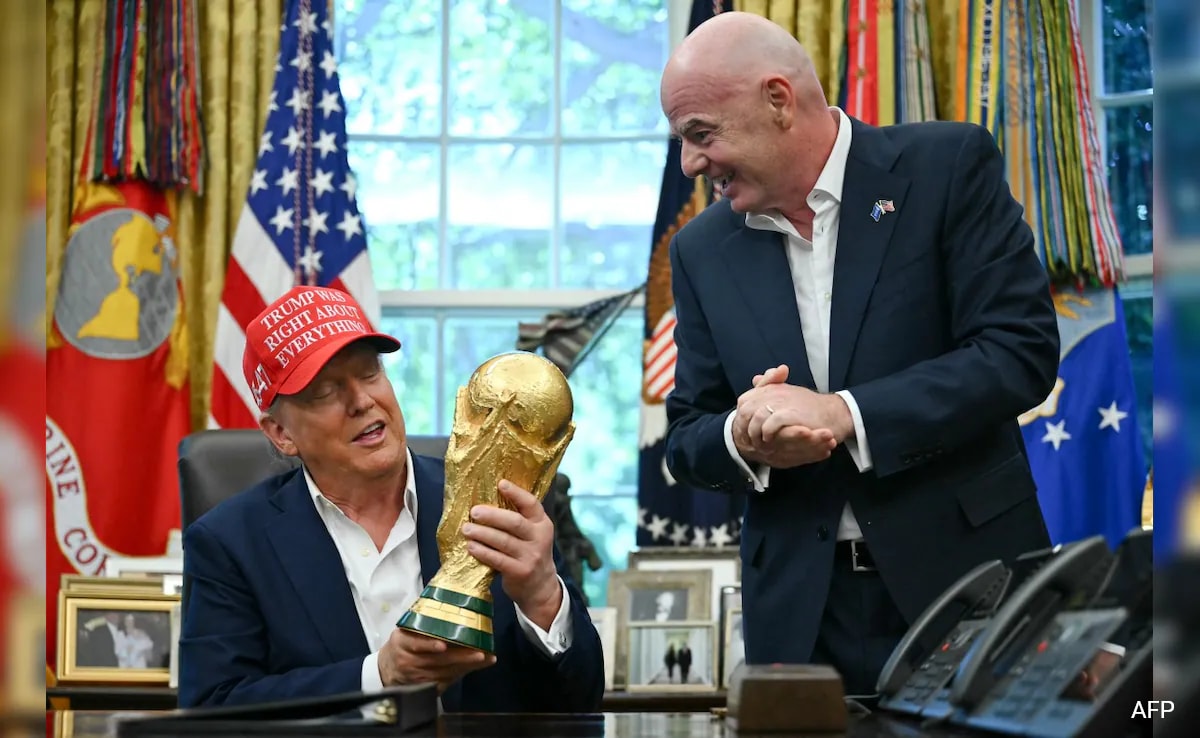Dressed in a vivid blue embroidered shawl and clutching a feather, Bourassa, who is one of Canadaâs top experts on Indigenous public health, recalled a troubled childhood and growing up poor in a family afflicted by intergenerational trauma that she said caused âaddictions and violence and disruptment and loss.â
On Monday, Bourassa, who is in her late 40s, was placed on leave by the University of Saskatchewan as it investigates recent media articles challenging her claimed Indigenous identity. She also stepped aside as the scientific director of the Indigenous health arm of the Canadian Institutes of Health Research, a government-affiliated agency.
Bourassa became the center of a public backlash after an investigation by the Canadian Broadcasting Corp. found no evidence that she was Indigenous, despite her many claims over the past two decades.
Both the university and the health agency initially supported Bourassa. But on Monday, the university said that it had âserious concerns with the additional information revealed in Dr. Bourassaâs responses to the media.â
âI acknowledge the pain experienced by Indigenous Peoples as a result of this matter,â CIHR President Michael J. Strong said in a statement.
Bourassa didnât immediately respond to a request for comment late Monday. In an Oct. 27 statement, she had accused CBC of running a âsmear campaignâ and said that she was âshocked and dismayed at the recent attack on my identity.â
By way of explanation, Bourassa said she had been adopted into the Métis community by a friend of her grandfather, who has since died.
âIn our Métis ways, in the event of a loss, community members would adopt the individual who had no family and they would then automatically be seen as family,â she wrote. âWe see this as custom adoption. Those adoptions were more meaningful and have stronger bonds than colonial adoptions.â
She did not explain, however, why she had previously claimed to have been born into an Indigenous family. CBC reported that all of her ancestry lines traced back to Europe.
Bourassa said that she was consulting with a genealogist on her lineage, adding that the preliminary findings have âidentified inaccuracies in the published and circulated lineage provided to CBC.â
It isnât the first time controversy has raged over whether a prominent official claiming to be a person of color is actually White.
Former civil rights activist Rachel Dolezal resigned as president of the Spokane, Wash., arm of the National Association for the Advancement of Colored People in 2015 after she was exposed as a White woman, and not African American as she had long claimed. Dolezalâs White parents released photographs of their daughter as a blonde White child, and appeared on television to denounce her.
Bourassaâs story was apparently unraveled by co-workers, several of whom are Indigenous. Their suspicions grew when she began dressing in an apparently Indigenous manner and asserting that along with Métis and Anishinaabe heritage, she was also a descendant of the Tlingit, a small group of Indigenous people from the Pacific Northwest. They looked up genealogical records which reportedly showed that Bourassaâs supposed Indigenous ancestors were of Russian, Polish and Czechoslovakian descent.
âShe is not Métis. She is the modern-day Grey Owl,â Caroline Tait, a Métis professor who worked with Bourassa told CBC, referring to an early 20th century British-born conservationist who convinced the world he was Native American.
Read more:
.png)











 English (United States) ·
English (United States) ·  Turkish (Turkey) ·
Turkish (Turkey) ·